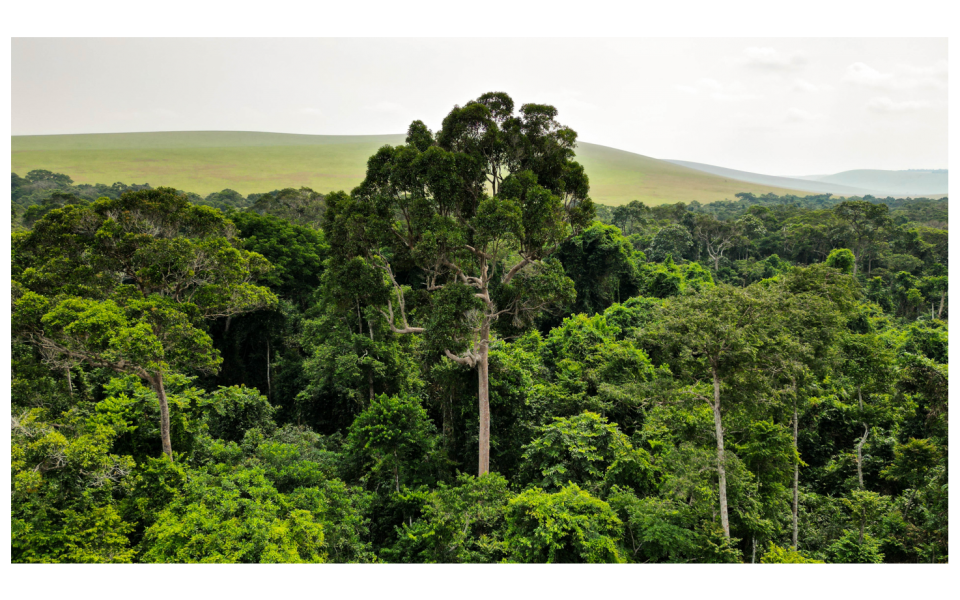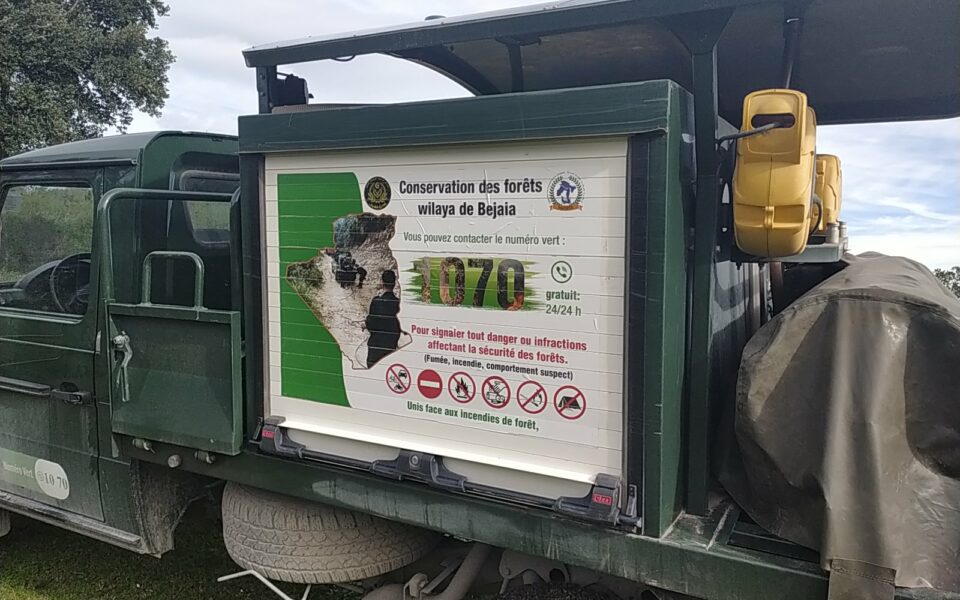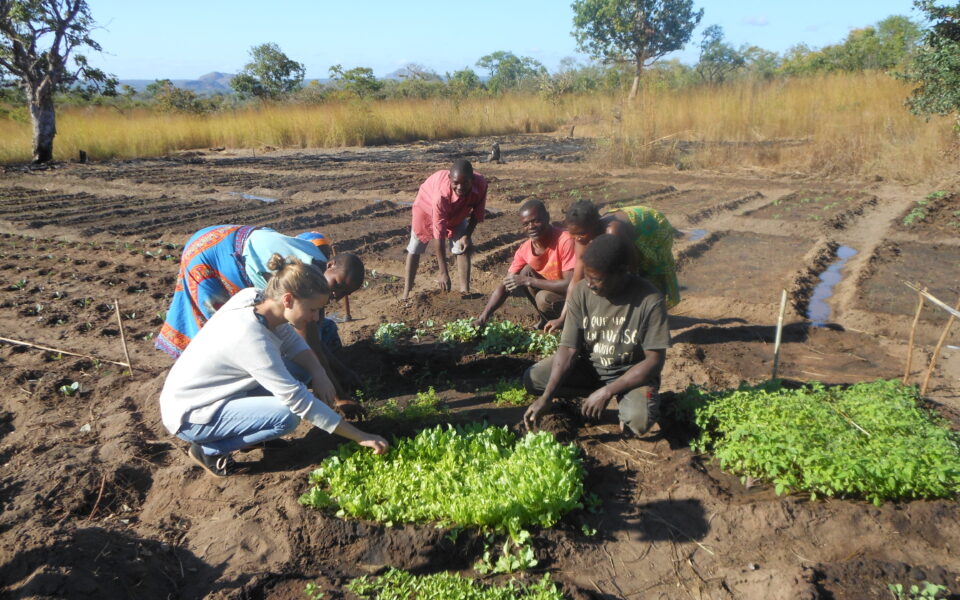News

21 March 2023
International Day of Forests – 21 March
Studies have shown the benefits of a walk in the forest to boost the immune system and reduce stress. This international day, dedicated to forests, aims this year to highlight their contributions to health. In addition to purifying our water and air, fertilizing soils, providing building materials and food, forests play a vital role against climate change by sequestering and storing carbon, as well as regulating the climate locally. Through these many ecosystem services, forests maintain a healthy environment for human and animal populations. They also provide the 60,000 or so plants used to heal us.
But despite the attachment we have to our forests and the growing visibility of the issue of their conservation, deforestation on a global scale is only increasing. Over the last twenty years (2001-2021) nearly 11% of the world’s vegetation cover has been lost, mainly due to human activities (GFW). However, 70% of all emerging diseases and almost all pandemics (Zika, Ebola, Nipah, etc.) are zoonoses from wild animals (IPBES). Deforestation and loss of biodiversity in forests increase the prevalence of viruses and other diseases in animal populations. Increased human-wildlife interactions increase the risk of transmission of these diseases to humans.
The question of the future of forests is at the heart of our work at SalvaTerra. At our level, we try to contribute to the sustainable management and protection of this priceless heritage through the work and studies we are currently carrying out:
- Capitalize on DynAfFor and P3FAC forest dynamics research projects to help disseminate recommendations for more sustainable management of production forests in Central Africa.
- Support the Senegalese government in mobilizing carbon finance to protect and rehabilitate mangroves;
- Assess the risks of afforestation projects aimed at carbon certification in Togo and Congo Brazzaville for private actors;
- Conduct feedback on a development program for the French Douglas sector for France Bois Forêt;
- Support the government to improve the prevention and management of forest fires in Algeria;
- Promote sustainable agricultural practices and especially agroforestry on the east coast of Madagascar to reduce deforestation.
A lire aussi...

20 Feb. 2026
Mission à Béjaïa : vers un système intégré d’alerte précoce et de réponse rapide aux feux de forêt
Dans le cadre de notre appui à la Wilaya de Béjaïa, une mission de terrain s’est tenue entre Alger et Béjaïa afin de poser les bases d’un dispositif structuré de prévention, d’alerte et d’intervention face au risque incendie.

19 Feb. 2026
On parle de nos travaux dans le cadre du projet Giroflee – Gestion Innovante des Ressources Forestières pour une Energie durable dans la presse réunionnaise !
"Cette rencontre a marqué une étape à mi-parcours avec la présentation des résultats intermédiaires du projet, notamment la restitution finale de l’étude stratégique des acteurs et des flux de la filière forêt-bois réunionnaise réalisée par le bureau d’étude SalvaTerra. Cette étude a permis d’établir une vision consolidée de la filière en cartographiant ses acteurs, en analysant les flux existants et en identifiant les principaux leviers et enjeux économiques, techniques et organisationnels du territoire (...)".
